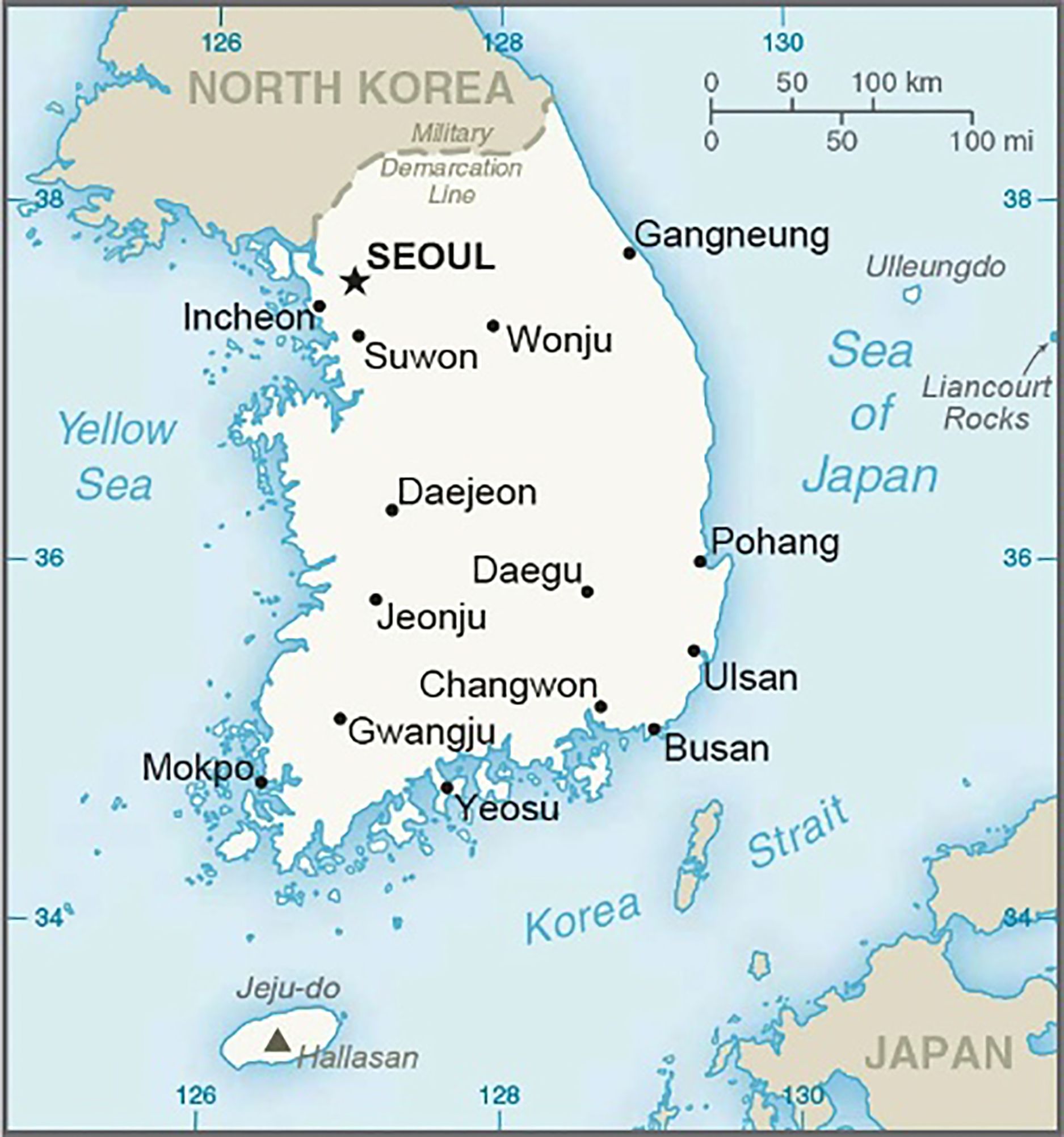
Table of Contents
1. Introduction to Korean City Names
Korean city names are a blend of tradition and modernity, reflecting the country’s diverse cultural landscape. They often encapsulate centuries-old traditions, historical events, and geographic features, providing insights into Korea’s past and present.
2. Historical Significance of Korean City Names
Influence of Ancient Civilizations
Korean city names have been influenced by various ancient civilizations that once inhabited the Korean Peninsula. From the early kingdoms of Goguryeo, Baekje, and Silla to the later influences of Chinese dynasties, each era has left its mark on the naming conventions of Korean cities.
Impact of Modern History
The modern history of Korea, including periods of colonization and division, has also shaped the naming of cities. Some names were changed or modified during colonial rule, while others gained significance during the Korean War and subsequent periods of rapid development.
3. Unique Features of Korean City Names
Phonetic Characteristics
Korean city names often have distinctive phonetic characteristics, making them easily recognizable to native speakers. The use of consonant clusters and vowel combinations adds to the musicality of the names, creating a sense of rhythm and melody.
Symbolic Meanings
Many Korean city names carry symbolic meanings that reflect the cultural values and aspirations of the people. Whether referencing nature, historical figures, or mythical legends, these names evoke a sense of pride and identity among residents.
4. Evolution of Korean City Names
Changes Over Time
Over the centuries, https://guloseu.kr/ have undergone various changes and adaptations in response to social, political, and cultural shifts. Some names have been modernized to reflect contemporary sensibilities, while others have retained their traditional roots.
Factors Influencing Evolution
Factors such as urbanization, globalization, and government policies have influenced the evolution of Korean city names. Urban renewal projects, for example, may lead to the renaming of districts or neighborhoods to reflect new developments and identities.
5. Cultural Implications of Korean City Names
Connection to Traditions
Korean city names are deeply rooted in tradition, often drawing inspiration from folklore, literature, and religious beliefs. These connections to the past help to preserve cultural heritage and foster a sense of continuity in rapidly changing urban environments.
Reflection of Societal Values
The naming of cities in Korea also reflects societal values and priorities, such as unity, progress, and harmony. Names chosen for new developments or urban projects often embody these ideals, serving as symbols of collective identity and community pride.
6. Popular Korean City Names and Their Meanings
Seoul
The capital city of South Korea, Seoul, derives its name from the Korean word for “capital” or “large city.” Symbolizing the heart and soul of the nation, Seoul is a vibrant metropolis known for its historical landmarks, cultural attractions, and bustling street markets.
Busan
Located on the southeastern coast of Korea, Busan is the country’s second-largest city and a major port hub. Its name is believed to originate from the Korean words for “mountain” and “town,” reflecting its picturesque setting amidst rolling hills and scenic landscapes.
Incheon
Incheon, a coastal city west of Seoul, is renowned for its modern seaport and international airport. The name “Incheon” translates to “kind river,” a reference to the city’s serene waterfront and historic significance as a gateway to the Korean Peninsula.
Daegu
Situated in the southeastern part of Korea, Daegu is a bustling urban center known for its textile industry and cultural heritage. The name “Daegu” means “large hill” or “big city,” highlighting the city’s strategic location and economic importance.
7. Influence of Korean City Names on Tourism
Attraction for International Visitors
Korean city names hold a fascination for international visitors, who are drawn to the country’s rich cultural heritage and dynamic urban landscapes. Tourists often seek out iconic landmarks and attractions associated with famous city names, such as Seoul’s Gyeongbokgung Palace or Busan’s Haeundae Beach.
Cultural Experiences Associated with City Names
Exploring Korean city names offers tourists a unique opportunity to immerse themselves in the country’s history, traditions, and way of life. From sampling local cuisine to attending traditional performances, visitors can discover the stories behind each name and gain a deeper appreciation for Korean culture.
8. Conclusion
In conclusion, Korean city names embody a fascinating blend of tradition, innovation, and cultural significance. From ancient capitals to modern metropolises, each name tells a story of Korea’s past, present, and future. By exploring the meanings and histories behind these names, we gain a deeper understanding of the people, places, and cultures that shape this dynamic nation.